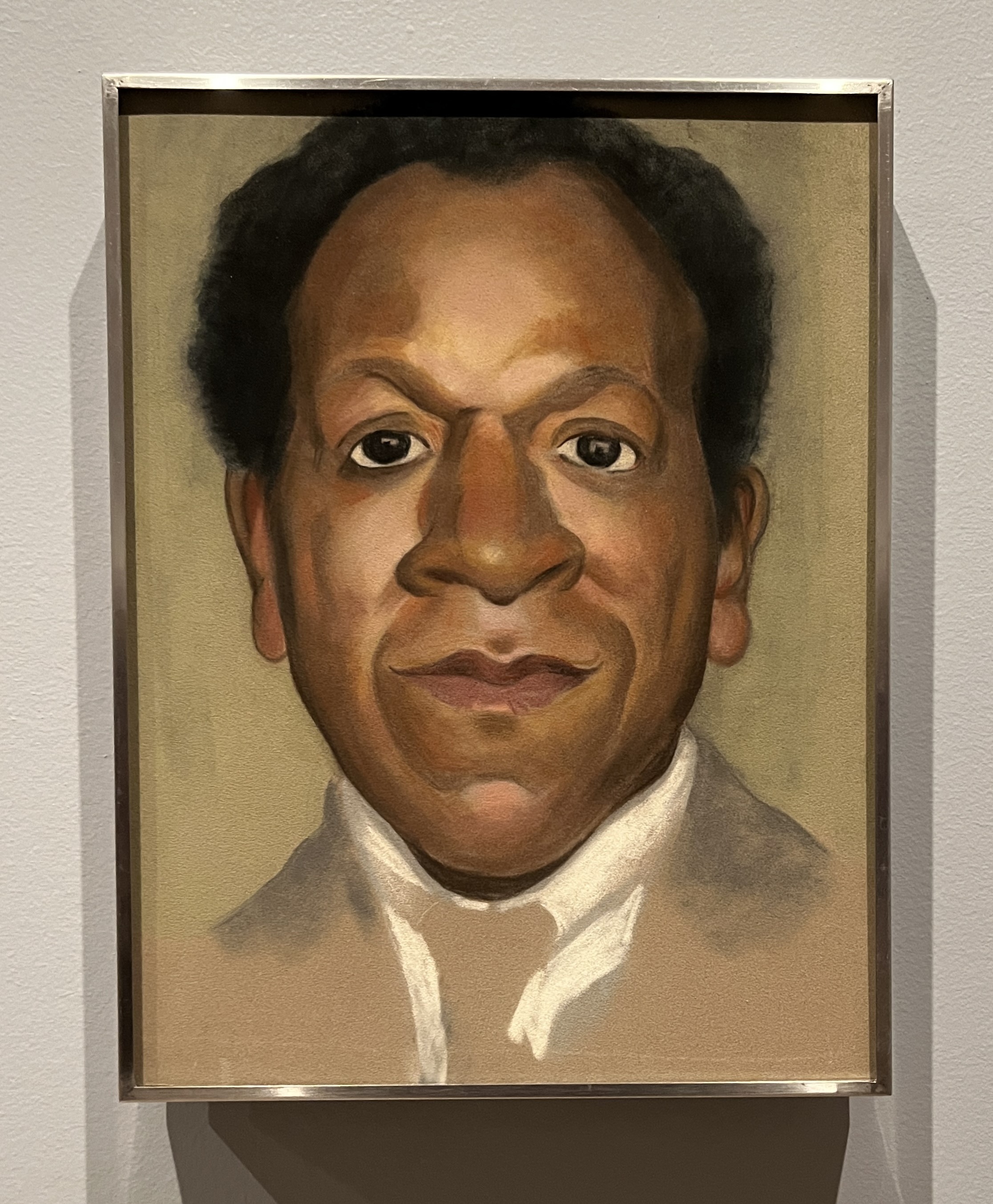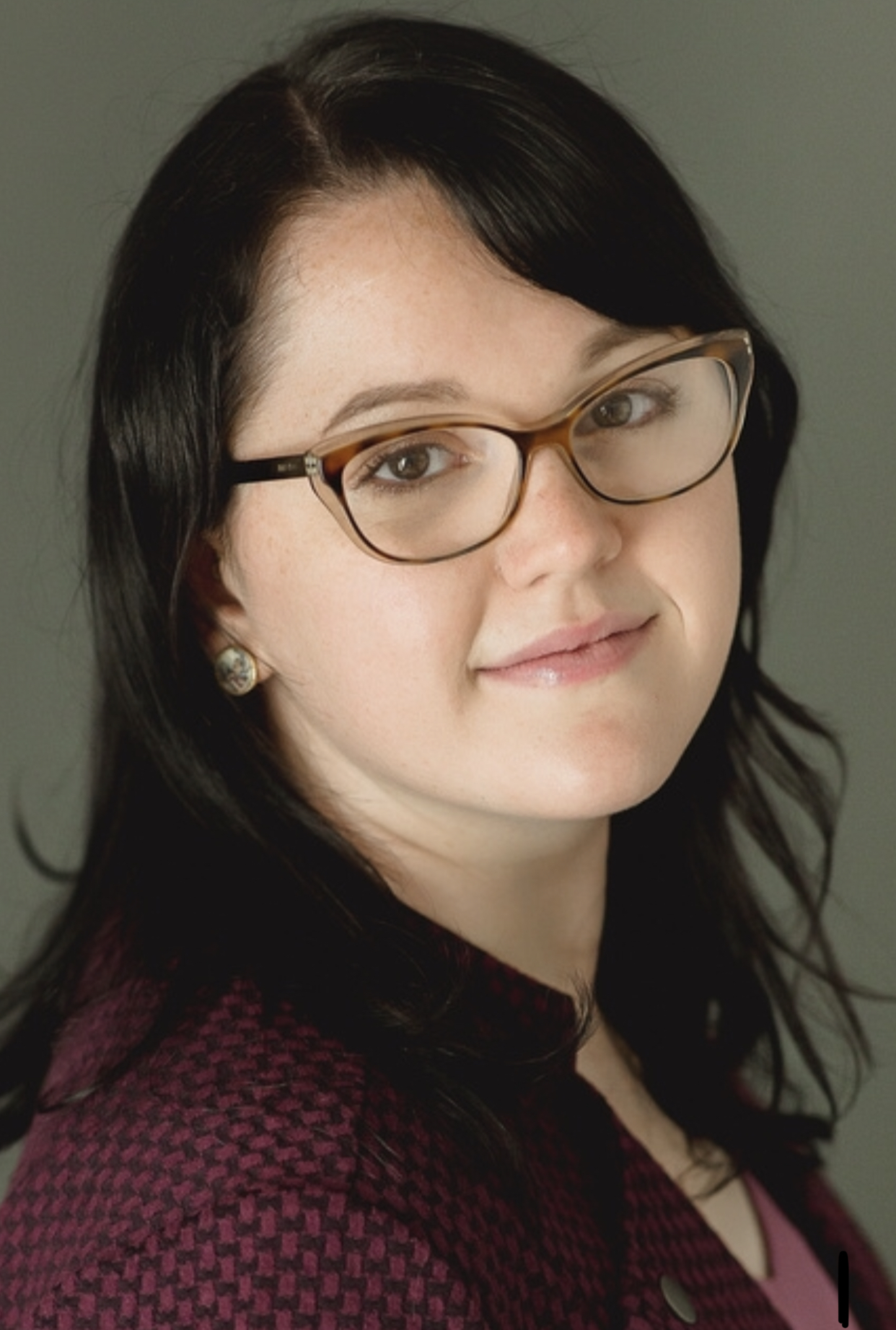Framing Beauford Delaney: Celebrating the Legacy of a Queer, East Tennessee Artist
By Molly A. Cross
Beauford Delaney (b.1901; d.1979) is a Knoxville, Tennessee native who studied and worked as a professional artist for most of his lifetime. Art led him to Boston, New York, and, in his golden years, Paris. He is highly regarded in contemporary art due to his contributions to the Harlem Renaissance and Parisian Abstract Expressionist movement. The University of Tennessee, Knoxville, acquired the Beauford Delaney Collection in March of 2022 to spotlight the rich cultural legacy that Delaney built through his lifetime and to celebrate his artistic achievements.
Delaney’s influence has impacted the lives of many, including, but not limited to, James Baldwin, Charles Boggs, Lawrence Calcagno, Richard Long, Henry Miller, May Swenson, and Ellis Wilson. Within the collection, his correspondence with friends and colleagues speaks profoundly to his influence, empathy, and kindness through a sense of found family. Through his journals and sketchbooks, Delaney reveals himself through thoughtful prose and sketches that explored community, identity, spirituality, sensuality, and fundamentally what art and music meant for him. His collection of literature, books speckled with marginalia, represented the ideas he was exposed to and interacted with.

My first introduction to Delaney was in January 2017, after I had moved to New York City for graduate school. As a longtime and self-taught Southern artist and writer, I wanted to use my years in NYC to explore museums and cultures that were not as easily accessible in the South. I wanted to broaden my understanding of BIPOC artists to eventually go into art archives to increase exposure and accessibility for BIPOC artists and creators.
While on one of my haunts at the Museum of Modern Art (MoMA), I stumbled upon ‘Composition 16’, a brightly-hued oil painting with ribbon-like curls of red, green, and blue swirling into the dominant color of golden yellow. Observing this painting, I felt my fingers wanting to reach forward and press the deep divots, feeling the almost finger-painted quality of the organic shapes as they moved like golden water.
After reading the museum placard, I was delighted to see Beauford Delaney was a Knoxville native, but after some thought, a question sparked in my mind. Why was I just now learning about this artist from Knoxville who painted beautifully bright and dynamic oil paintings, as well as intimate portraits that did not simply capture the sitter’s likeness but a part of their story, and to be bluntly romantic, a sense of how Beauford Delaney saw their soul? Beauford stayed on my mind for many years. I wondered deeply about his legacy, his time in New York, and his queerhood as I explored my own. Like muscle memory, I felt constantly drawn back to ‘Composition 16’ every time I entered the MoMA.
I moved back to Tennessee at the beginning of the COVID-19 pandemic (March 2020), convinced that my stint in archives, specifically queer and radical archives, was on an indefinite hold. However, in August of 2022, I began my position as the Beauford Delaney Project Archivist at the University of Tennessee, Knoxville. With such a rich personal legacy, the question became, how do we frame Beauford Delaney as simply an ‘artist’ without reducing his experiences as a queer black man from the American South? As a queer man, Delaney’s art and personhood speak to the lived experiences that influenced him personally but also influenced his art. How do we create space for queer artists without simply labeling them as ‘queer’ within a space where identity politics are adamant of erasure?
The answers to those questions slowly revealed themselves when item-level processing began. The goal for item-level description was to represent Delaney in a non-biased, whole manner that didn’t focus on one part of his identity but on how the many different faces of Delaney composed his innermost self-portrait through deep descriptions of his art, notebooks, sketchbooks, correspondence, and personal photographs. Utilizing this framework for the collection, the nuance of Delaney’s life and experiences could speak for themselves without placing a permanent label on his cultural legacy.
As someone who has worked predominantly in radical archival collections, this is one of the most intimate, inspiring, and heartbreaking collections I have worked on. While processing the collection, I meditated on my friendships and relationships with my loved ones. I meditated on found family, loving women, and wanting to find a sense of spiritual purpose through my life and work. I looked at my mental health and wanted to repair the damage of years of silence and untruths I had convinced myself of.
I found that my empathy for others grew. I had been protecting myself for so long from the real dangers that threatened my sense of selfhood, yet here is this queer, black man, finding family, fighting through his mental illness to find stillness but also power in himself. Delaney’s collection has inspired me to look at the world differently, which is not a unique experience, but collective and transatlantic, as his legacy has touched the lives of many for decades and now decades to come.
The local work of the Beck Cultural Center, Knoxville Museum of Art, and University of Tennessee, Knoxville, has been essential in reviving his legacy to share with the Knoxville community, to utilize this collection as a human response to his life as an artist capable of connecting deeply and intimately with others. Delaney teaches us to look past the surface and inward to find the details in life that make it worth living despite the trauma and our innermost doubts. Somebody once told me that when a person dies, their book closes, but for Delaney, I hope that it stays open and that his legacy continues to inspire the children, artists, and people of Knoxville.
Resources on Beauford Delaney
- Beck Cultural Center, Knoxville: Delaney Museum at the Beck
- C.M. McClung Historical Collection, Knox County Public Library, Beauford Delaney Collection
- Knoxville Museum of Art: Beauford Delaney and James Baldwin: Through the Unusual Door [past exhibit]
- Leeming, David. Amazing grace: a life of Beauford Delaney. 1998 Les Amis de Beauford Delaney
- New York Public Library, Schomburg Center for Research in Black Culture, Manuscripts, Archives and Rare Books Division, Beauford Delaney Collection, Call Number: Sc MG 59 & Sc MG 217
- University of Tennessee, Knoxville, Betsey B. Creekmore Special Collections and University Archives, Call Number: MS.3967



 (Tap to Zoom in New Tab)
(Tap to Zoom in New Tab)
 (Tap to Zoom in New Tab)
(Tap to Zoom in New Tab)